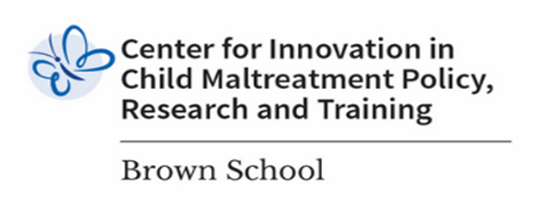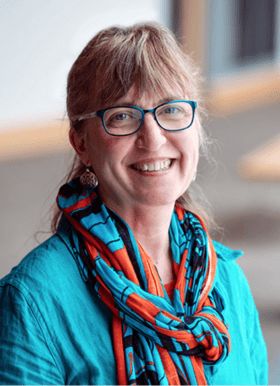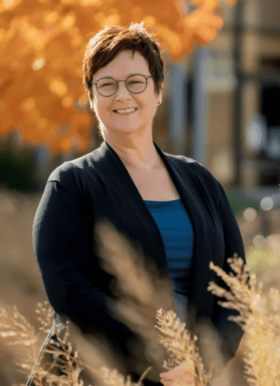

Funded by the Eunice Kennedy Shriver National Institute of Child Health and Human Development
As a center focused on preventing abuse and neglect, we understand that child safety and wellness are not limited to the care provided to children within the home. While contending with a global pandemic, we recognize the additional strain and devastating consequences of oppression for communities of color and marginalized groups who lack equitable access to resources, safety, and opportunity. The differential impact of COVID on Black and Indigenous communities and the recent killings of unarmed Black people by police sworn to protect our communities are recent examples that highlight the ongoing broader systemic racism and disparities in our society. This is unacceptable. In order to truly promote child health and wellbeing, we must work together to prevent and otherwise address the disparities and experiences of intergenerational and community trauma that children, particularly Black, Indigenous, and children of color are unduly burdened with.
We are committed to advancing research that helps identify practices and policies that are not equally responsive to or effective for marginalized children and families and then applying that knowledge to help dismantle systems of oppression by informing policy and practice that uphold the principles of an anti-racist society. This commitment is demonstrated by focusing on finding solutions to root causes that place children at risk of harm, advancing and supporting best practices in the training of practitioners and researchers, and developing and continuously evaluating practices at the individual, family, organizational, and policy levels — inclusive of the voices of the populations served. We believe that together we can make a meaningful and lasting impact in the lives of children through a dynamic and collaborative process that is accountable to the most vulnerable in society and works to enhance their voices not only in child maltreatment research but in the workforce and the academy.
We believe that research, practice, and training efforts must be related and of equal importance to assure that policy and practice are informed by the latest science.
We will attend to the most pressing needs of the field and employ collaborative real-world approaches in our science.
We are dedicated to advancing science to prevent child maltreatment and, when prevention is not possible, to effectively intervene to promote healthy outcomes.
CICM Director & Co-Directors

Melissa Jonson-Reid, PhD
Center Director for CICM
- Email: jonsonrd@nospam.wustl.edu
Ralph and Muriel Pumphrey Professor of Social Work Research

Nancy Weaver, PhD
Co-Lead of the Community Engagement Core (CEC)
- Email: nancy.weaver@nospam.slu.edu
Professor at Saint Louis University

Trish Kohl, PhD
Co-Lead of the Community Engagement Core
- Email: pkohl@nospam.wustl.edu
Professor
Research Director of Hermann Center for Child and Family Development
Prior Co-Director
David Patterson Silver Wolf, PhD
We want to acknowledge the substantial contributions to our center of our colleague and friend Dr. David A. Patterson Silver Wolf who passed away in May of 2021. He had over 15 years of experience providing clinical services in the substance use disorder treatment field and was founder and director of the Community-Academic Partnership on Addiction, which works with several St. Louis-based organizations to bring science to addiction services.
His newly released book reflected his passion to bring evidence-based and effective approaches to the field.
He brought this same passion and his warmth and humor to our work which we carry forward in our continued efforts to generate and disseminate the best science available in the prevention of child maltreatment and associated downstream outcomes.
Capstone Center Network Partners

TRANSFORM Research Center
University of Rochester, University of Minnesota
The TRANSFORM Center is a research partnership between the University of Rochester and the University of Minnesota. TRANSFORM aims to shift child maltreatment prevention from a reactive to a proactive approach.
Principal Investigators: Sheree Toth and Dante Cicchetti

Translational Center for Child Maltreatment Studies (TCCMS)
Penn State University
-
Mailing Address:
206 Biobehavioral Health Building
University Park, PA 16802
The TCCMS at Penn State University conducts high-quality impact science, translates this science into messages that resonate with the community, and traverses the Research-to-Policy Bridge by equipping legislators with evidence.
Principal Investigator: Jennie Noll